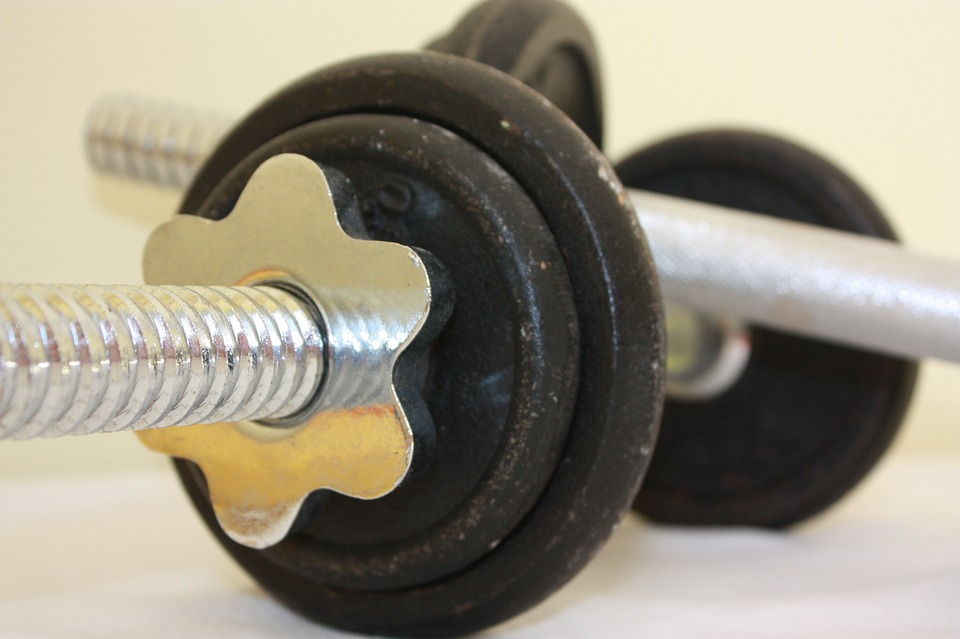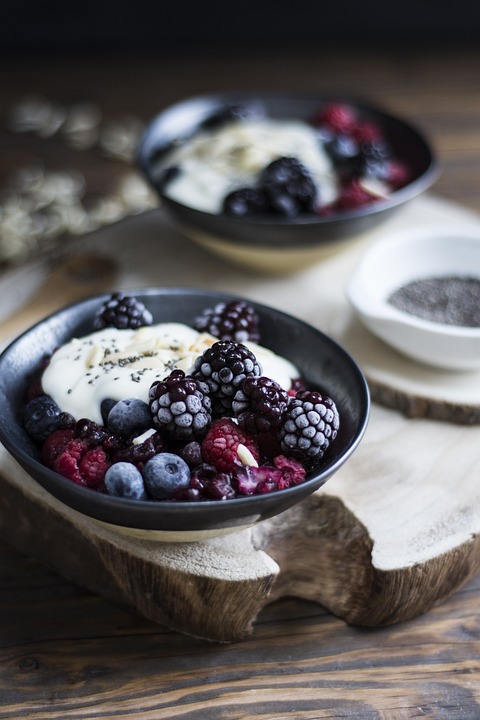Vegan Fitness: Nutrition Tips and Strategies for a Plant-Based Lifestyle
In recent years, the vegan lifestyle has gained popularity, with many individuals opting for a plant-based diet for its numerous health benefits, environmental advantages, and animal welfare concerns. However, one of the most common concerns for those transitioning to a vegan lifestyle is ensuring they get enough nutrients to support their fitness goals. Fear not, dear vegans! This article will provide you with the essential nutrition tips and strategies to fuel your body for optimal fitness performance on a plant-based diet.
Protein Power
Protein is crucial for muscle growth, repair, and recovery. On a vegan diet, it’s essential to consume a variety of plant-based protein sources to ensure you’re meeting your daily needs. Some of the best vegan protein sources include:
- Legumes (lentils, chickpeas, black beans, etc.)
- Tofu and tempeh
- Seitan (wheat gluten)
- Nuts and seeds (almonds, chia seeds, hemp seeds, etc.)
- Whole grains (quinoa, brown rice, whole wheat, etc.)
- Vegan protein powder (pea, hemp, or brown rice-based)
Aim for 0.8-1 gram of protein per pound of body weight daily, spread out over 3-5 meals. For example, a 150-pound individual would need 120-150 grams of protein per day.
Healthy Fats
Healthy fats are essential for energy production, hormone regulation, and overall well-being. Some of the best vegan sources of healthy fats include:
- Avocados
- Nuts and seeds (walnuts, flaxseeds, chia seeds, etc.)
- Fatty fruits (olives, coconuts, etc.)
- Whole grains (brown rice, quinoa, whole wheat, etc.)
Aim for 20-30% of your daily calories to come from healthy fats.
Complex Carbohydrates
Complex carbohydrates are the body’s primary source of energy. Focus on whole, unprocessed foods like:
- Whole grains (brown rice, quinoa, whole wheat, etc.)
- Fruits (berries, bananas, apples, etc.)
- Vegetables (broccoli, sweet potatoes, carrots, etc.)
- Legumes (lentils, chickpeas, black beans, etc.)
Aim for 45-65% of your daily calories to come from complex carbohydrates.
Calcium and Vitamin D
Calcium and vitamin D are crucial for bone health. On a vegan diet, it’s essential to consume adequate amounts of these nutrients. Some of the best vegan sources of calcium include:
- Fortified plant-based milk (soy, almond, oat, etc.)
- Dark leafy greens (kale, broccoli, spinach, etc.)
- Tofu and tempeh
- Calcium-set tofu
For vitamin D, consider supplementing with a vegan vitamin D3 or taking a vitamin D-rich mushroom supplement. Aim for 1,000-1,200 IU of vitamin D daily.
Iron and Omega-3 Fatty Acids
Iron is essential for oxygen transport and energy production. On a vegan diet, it’s crucial to consume iron-rich foods like:
- Legumes (lentils, chickpeas, black beans, etc.)
- Dark leafy greens (spinach, kale, collard greens, etc.)
- Nuts and seeds (pumpkin seeds, sesame seeds, etc.)
Omega-3 fatty acids are important for heart health and brain function. While vegan sources of omega-3s are limited, you can still get enough by consuming:
- Flaxseeds
- Chia seeds
- Walnuts
- Canola oil
- Fortified plant-based milk
Supplementation
While a well-planned vegan diet can provide all the necessary nutrients, supplementation may be necessary for certain individuals. Consider consulting with a healthcare professional or registered dietitian to determine if supplementation is right for you.
Training Tips
In addition to a well-planned diet, proper training is essential for optimal fitness performance. Here are some training tips to keep in mind:
- Start slow and gradually increase intensity and duration.
- Incorporate strength training exercises 2-3 times per week.
- Engage in high-intensity interval training (HIIT) for improved cardiovascular fitness.
- Listen to your body and rest when needed.
Conclusion
Vegan fitness requires a well-planned diet and proper training. By following the nutrition tips and strategies outlined in this article, you can ensure you’re fueling your body for optimal performance and achieving your fitness goals. Remember to consult with a healthcare professional or registered dietitian for personalized guidance and support. Happy vegan fitness journey!




GIPHY App Key not set. Please check settings